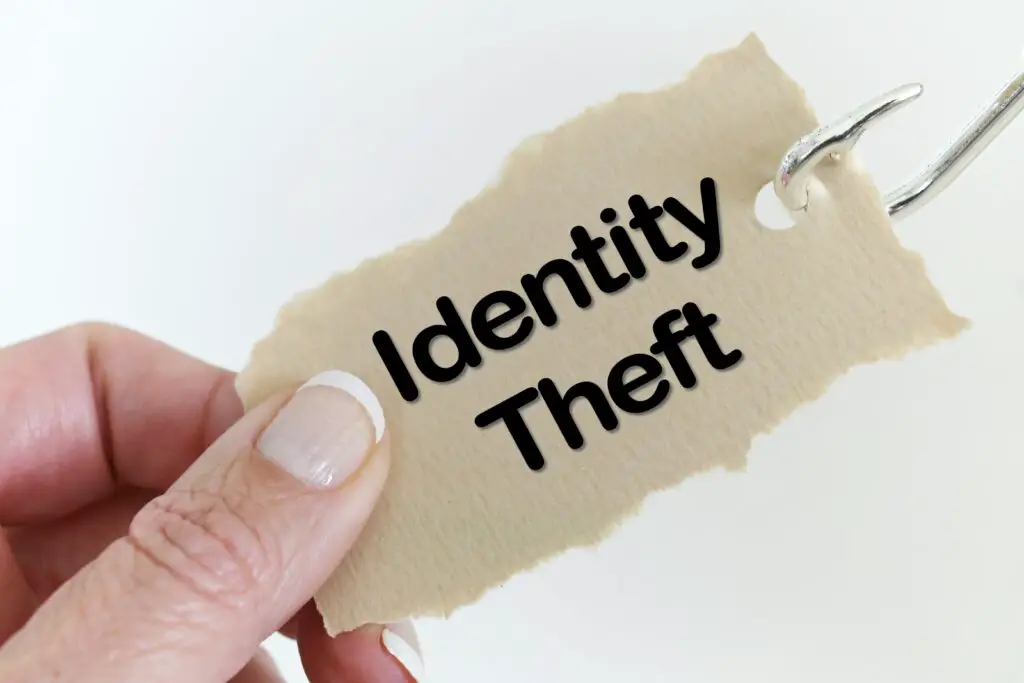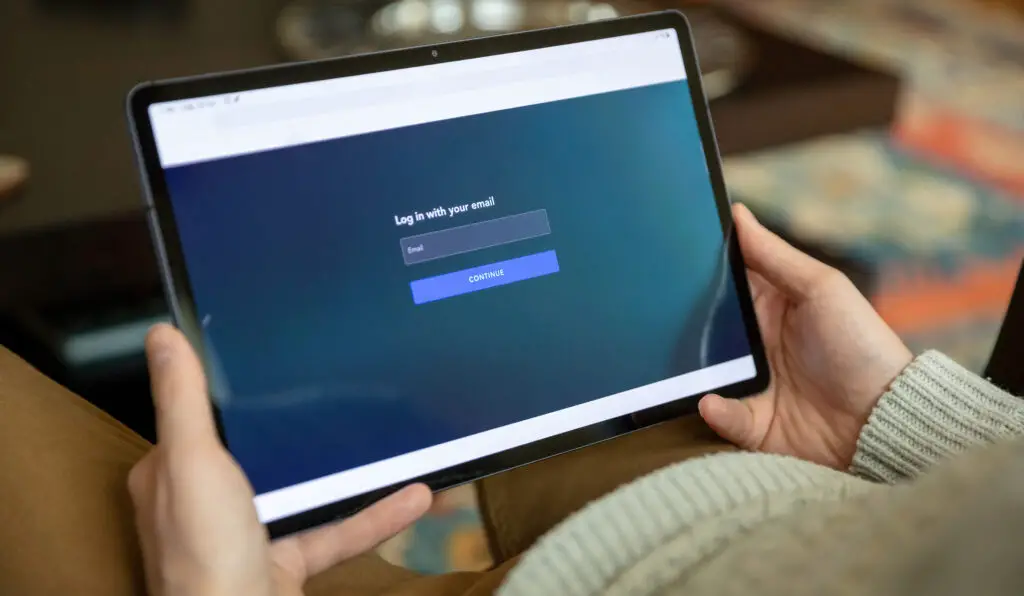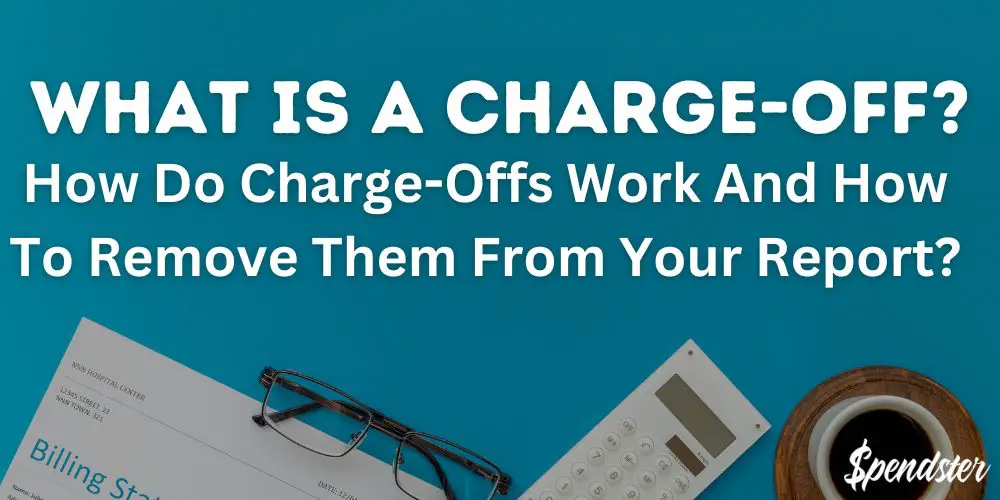What Happens When You Freeze Your Credit? – How Does A Credit Freeze Affect You As A Consumer?
In case of a fraud alert or even identity theft, your credit files and report can be exposed and in danger. One of the most effective ways of protecting it is by putting a security freeze on your report. But there’s one question that arises – what happens when you freeze your credit?
When you freeze your credit, creditors and companies won’t be able to access your credit report, and it prevents identity thieves from opening accounts in your name.
Still, that’s just the beginning since there are many other things you should know before putting a freeze on your credit, and this guide will lead you through the rest.
When Should You Put A Freeze On Your Credit?
Of course, putting a freeze on your credit file isn’t something that you would normally do. It’s one of the most effective security options you have to protect the information in your credit report.
If you suspect that someone has stolen your Social Security number or other personal information, it’s a wise move to freeze your credit.
Fraudulent accounts might appear in your credit file and do you harm, since identity theft is one of the most dangerous things that could happen to you.

If you suspect identity theft, you should freeze your credit reports immediately to prevent an identity thief from creating accounts in your name.
With all of your personal information at their disposal, it’s possible that the thief will be able to open credit card accounts in your name. You might begin to notice unauthorized charges and expenses that you didn’t approve or coming from statements you had no idea even belonged to you.
So, initiating credit freezes for your credit files is a smart thing to do in this case. Creditors won’t be able to approve new credit and extend credit in your name once this happens.
That’s a downside you should be aware of, as you’ll only be able to qualify for new credit once the freeze has been lifted.
Who Can See Your Credit Report After A Freeze?
Even with a security freeze on your report, some entities can still see your reports and credit standings. Major credit bureaus can still have access to your reports, and they are responsible for placing and lifting the freeze upon your request.
Government agencies can also access your information, as well as companies that investigate identity thefts after you report the case.
Also, creditors with whom you have open credit can still access your file, along with possible collection agencies.
Still, there’s no possibility that any new creditor or a company will access your reports until you lift the credit freeze.
Finally, you always have access to your reports and you still have the right to get a free credit report from each of the three credit bureaus even with the freeze being on.
That makes it effective when trying to prevent someone from opening accounts in your name, but how much protection do you truly get?
Credit Freeze Protection Level
So, even though a credit freeze is advertised as the most effective way of protection against fraud and identity theft, it’s time to discuss how much it really protects you.
It’s certainly the best option for keeping your credit info away from thieves. However, it requires filing for a credit freeze with all three credit bureaus.
Also, if your account information and passwords for banking apps have already been stolen, it can’t protect you. You should immediately change any passwords for logins that contain sensitive data if you even suspect your identity has been compromised.

These types of identity theft attacks are more and more frequent, so that’s where the efficiency of the credit freeze ends. If your accounts have been compromised before placing the freeze, you still might end up getting fraudulent charges.
It still gives you enough time to search your credit reports for fraudulent information and dispute it. Also, you should report an identity theft and have it solved before you lift the freeze and apply for new credit.
The Difference Between Credit Freeze And Lock
Before putting a freeze on your credit, you should know the difference between this method of protection and credit locks. Each credit bureau gives you the chance to both freeze and locks your credit.
Like a credit freeze, the lock restricts access to your credit reports, but it’s often a part of a subscription package.
It’s much easier and faster to put a lock on your credit file than it is to place a credit freeze. It takes up to 24 hours to put a credit freeze on your report, and the same amount of time is mostly required to thaw the freeze.
On the other hand, you can always lock your credit report and you can also instantly unlock it by using a mobile app.
The credit freeze is also governed by federal law, while the lock isn’t. It’s one of the main differences, so the credit lock is mostly used as a preventive measure.
On the other hand, most consumers place a credit freeze on their report once they believe their information might be stolen and in case of a fraud alert.
Your Credit Freeze Rights Under Federal Law
Section 301 of Public Law 115-174 as part of the Fair Credit Reporting Act covers a freeze on your reports.
Under this law, you have the right to request a free credit freeze from each of the credit bureaus to protect your credit reports.
The law further states you have the right to get the written confirmation of the security freeze within 5 business days.
Of course, you can lift the freeze at any point by sending a request to the bureaus, and the bureau will have one hour to lift the freeze if you request it by phone. If you file a request by electronic means, the bureaus will have 3 days to lift the freeze.
Credit Freeze And Your Credit Scores
Although you’ll place a freeze on your reports as a security measure, the big question is – how does it affect your credit scores?
In short – you won’t have to worry about credit freezes pulling down your credit score. It can’t affect your rating, nor it will affect your current credit accounts at the moment of placing a freeze.
You can still improve your score by making timely payments on your existing accounts when the freeze is placed.
However, you won’t be able to qualify for any new credit accounts or to extend the credit. To do that, you’ll have to lift the freeze and your information could be exposed again at this point.
Things To Consider After Freezing Credit
While freezing your credit prevents you from opening new credit accounts since the lenders won’t be able to access your reports, there are also a few other important consequences you might face after freezing your credit:
You’ll Need To Consider A Temporarily Lift
The credit freeze probably comes unexpected to you after attempted identity theft. Still, sometimes you can’t plan ahead with your loans if you need to ask for a credit extension or if you plan on opening a new credit account.
One of the ways you can synchronize this action with the credit freeze is by asking for a temporary lift. You can make the lift for a single day or for a full year, depending on the time needed for the creditors to look into your reports.
However, you must plan ahead and send a credit freeze lifting request to the credit bureau. The credit reporting agency will then consider your request and you’ll be able to lift the freeze temporarily.
It’s still bothersome to do this every time you need to make changes to your accounts and request a new loan, so dealing with the security issue is crucial.
It Takes Contacting All Three Credit Bureaus
As mentioned, a credit freeze restricts access to your credit report with the credit bureau you requested it from. However, what happens with the other reports?
Well, it takes requesting a credit freeze from each of the three national credit bureaus to get complete protection.
Asking for a single report credit freeze still leaves your information in other reports vulnerable in case of identity theft. So, you’ll need to contact Equifax, Experian, and TransUnion to set up the freeze.
The same needs to be done when lifting the credit freeze. It’s a long and bothersome process altogether, so you should consider the consequences once you decide to freeze your reports.
You should still check all three of your credit reports for suspicious items even after freezing them.
If identity thieves got to your information on one report before you froze it, chances are that they managed to compromise your accounts. So, it’s wise to still keep doing credit monitoring even once your credit freezes.
It will give you a double layer of protection. Sadly, a credit freeze on its own won’t be enough to completely protect your credit files.
Alternative Ways Of Protecting Your Reports
Other than having to request a credit report freeze from a credit bureau, there are other ways of protecting yourself that you can consider. These include the following:
- Use a credit monitoring service
- Use strong passwords
- Consider a fraud alert
Although the Fair Credit Reporting Act allows you to get free copies of your credit reports, it only lets you do so once per year. So, it’s difficult to thoroughly track your credit file and items from the report, and using a monitoring service could be a good idea.

You can use the help of credit repair companies to get credit monitoring for all three major credit bureaus and their reports. This way, you’ll know exactly what happens with your credit history, and if there are any unauthorized attempts to open accounts in your name.
On top of that, one thing gets beyond the credit freeze and credit reporting agencies and that’s your security. If your passwords aren’t strong enough, hackers could breach your financial data and use it to open accounts in your name.
As a last resort, if you think that there was a breach or identity theft, you can use a fraud alert to protect your information.
An extended fraud alert lasts for up to 7 years, and it informs your creditors that additional identity confirmation is needed. It’s a good option if you want to cut the effort of having to constantly deal with freezing and unfreezing your reports.
Final Thoughts
Overall, this guide should give you some insight into what happens when you freeze your credit reports. It’s a good security option for all consumers that suspect their personal information is being stolen.
However, you should also consider the consequences and the protection level. if your accounts have already been compromised before the freeze, you can still expect to see fraudulent activity on the report.
Make sure to consider the alternatives as well, and to ask for a temporary lift in case you wish to apply for a new loan but still suspect identity theft.
Frequently Asked Questions (FAQ):
Can you still build credit if you freeze it?
Yes, you can still build credit if you freeze your credit reports. By making timely payments on your existing accounts and using your credit cards and revolving credit in a way that doesn’t hurt your utilization rate. However, if you wish to apply for a new loan or a debt consolidation loan to settle existing debt, you’ll need to at least temporarily lift the freeze.
Do credit freezes hurt your credit?
No, credit freezes don’t hurt your credit and your rating will remain unchanged. You still have to make regular payments on existing accounts, as your credit history is still ongoing even with the frozen credit. It’s just a way of protecting yourself, so your credit score can drop during the freeze if you don’t stick to your regular financial practices.
When is it necessary to use a credit freeze?
It’s necessary to use a credit freeze if you suspect that someone is trying to steal your personal information and open credit accounts in your name. You can spot fraudulent activity in your report, and freezing your credit at this point will prevent the thief from being able to keep registering accounts.
What are the main credit freeze alternatives?
Some of the main credit freeze alternatives include credit lock, fraud alerts, and frequent credit monitoring. A credit lock is quite similar to a credit freeze, only it’s not regulated by federal law. Still, you can use it more frequently as it takes much less time to set a credit lock via the app than to request a freeze from credit bureaus.



